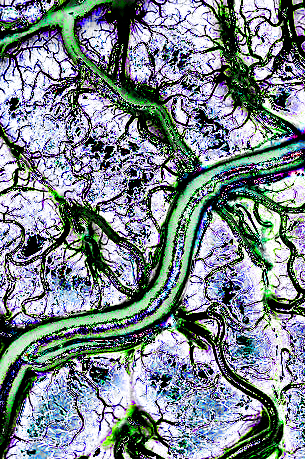Degeneration DNA discovered
 Queensland researchers are making important discoveries about the genetic causes of neurological degeneration.
Queensland researchers are making important discoveries about the genetic causes of neurological degeneration.
A team from the University of Queensland have made breakthroughs in their recent study of cerebellar ataxias - rare but devastating conditions of brain degeneration with no effective treatment.
“These are debilitating conditions that get worse over time, causing symptoms including poor coordination, unsteady walking, difficulty speaking and swallowing, and difficulty performing fine motor skills such as buttoning a shirt,” she said.
“While they are often caused by environmental factors such as alcohol, they also have genetic causes, which have so far been largely unexplored.
“Now we have, for the first time, found a link between ataxias and a mutation of the Elongator gene, which regulates how our brain cells produce proteins.”
The researchers discovered that this mutation slows production of the proteins our neurons need to function, causing them to gradually degenerate and resulting in cerebellar ataxias.
Professor Wainwright said the team also uncovered a link between inflammation of brain cells and brain degeneration, including ataxias.
“Our study revealed inflammation in the cells surrounding the degenerated cells,” said lead researcher Dr Marija Kojic said.
“While this is not unusual, we found that blocking this inflammation slowed the rate at which the cells were dying.
“This effect occurs across a broad range of neuro-degenerative conditions, such as Alzheimers’ disease, Parkinson’s disease and motor neurone disease, which has profound implications for the treatment of these diseases.
“We may not be able to stop this neurological degeneration but if we can slow it down – for example, so a disease takes 20 years to progress, rather than 10 – this could have a huge impact on the health and quality of life of people living with these conditions.
The paper was published in international scientific journal Nature Communications.








 Print
Print